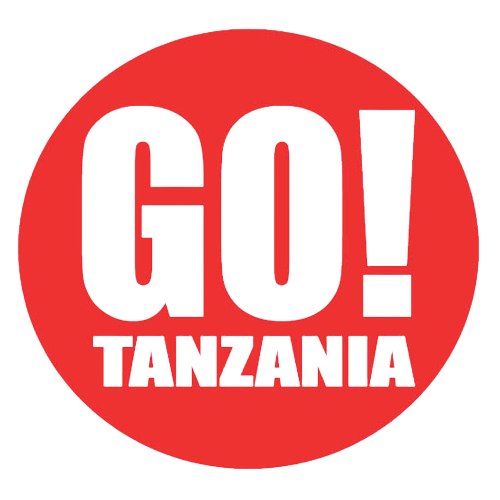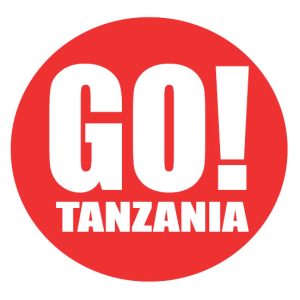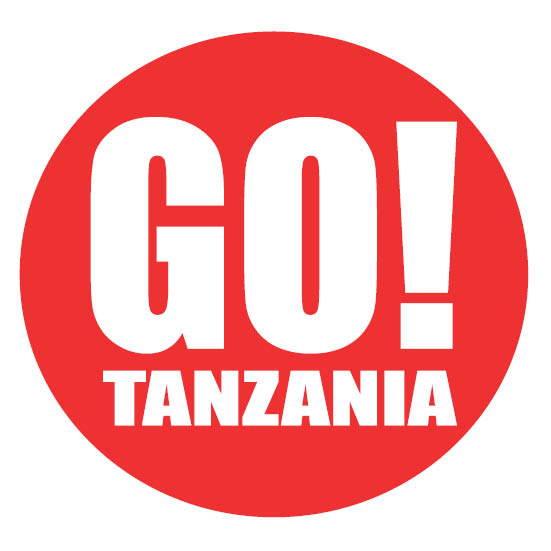
The UN continues to support an enabling environment for general elections in South Sudan, but the date remains elusive, the Secretary-General’s Special Representative for the country told the Security Council on Wednesday.
Nicholas Haysom, who also heads the UN Mission in South Sudan (UNMISS), briefed ambassadors on political, security and humanitarian developments in the world’s youngest nation, which was scheduled to hold its first post-independence elections in December.
Election date proposal expected
The latest UNMISS report covers the period from mid-February to mid-July, as political parties continued discussions on key steps necessary for the vote and to resolve outstanding issues under a transition roadmap, stemming from a 2018 peace agreement.
Mr. Haysom said the High-Level Standing Committee that oversees implementation of the peace deal has completed its report and a preliminary version was released on Tuesday night.
“On the critical issues of the date of the elections, we understand, however, that no date has been agreed as yet, and that the president has designated the electoral institutions to produce a feasible proposal on when these elections may be held,” he said.
Talks in Nairobi
Meanwhile, a second dialogue process was launched in May in Nairobi between the transitional government of national unity and non-signatories to the peace deal.
The talks, known as the Tumaini Initiative, seek to ensure that non-signatory parties, civil society, faith-based groups and traditional leaders join the peace process.
The Tumaini Initiative has proposed new monitoring, oversight and implementation mechanisms and a National Leadership Council structure.
However, the Sudan People’s Liberation Movement in Opposition (SPLM/IO), led by Vice President resident Riek Machar, announced last month that it was withdrawing from the talks, “citing concerns that the Tumaini Initiative dealt with matters that were already agreed in the Revitalized Peace Agreement and accordingly it had gone beyond its remit,” Mr. Haysom said.
“There is currently a lack of clarity as to whether the SPLM/IO has reversed that decision but as part of the report of last evening, there is indication that this is under review,” he added.
UN upholds dialogue
Mr. Haysom said UNMISS has used its good office’s role to engage the parties involved in these ongoing processes.
He stressed that the Mission “is not championing either process as an exclusive modality but is promoting the constructive confluence of the two”, adding that both must “advance with deliberate speed to deliver on the aspirations of South Sudanese citizens.”
Regarding the overall implementation of the peace agreement and roadmap, he noted that action has been taken, including the provision of funding to the National Constitutional Review Commission and the appointment of State High Elections Committees, while the National Elections Commission (NEC) has begun assessing the infrastructure and facilities necessary for the polls.
Protective environment for elections
So far, 29 political parties have registered for the elections, which the NEC had announced last month would take place on 22 December.
“I note, however, that there is still ongoing consultations between the political stakeholders as to whether elections can or should be held this year. This makes it difficult to treat 22 December as a definitive trigger in isolation from other critical factors,” he said.
Mr. Haysom added that should the elections be held in December, UNMISS would provide a report on the security situation at intervals of 90, 60 and 30 days out.
In the meantime, the Mission continues to support establishing an enabling environment for the elections, with focus on dialogue and engagement, physical protection and creating “a broader protective environment”.
‘A perfect storm’ approaches
Turning to the humanitarian situation, he warned that “a perfect storm is gathering in South Sudan”.
The impeding crisis is due to chronic food insecurity, spillover from the war in neighbouring Sudan, political uncertainty, a rapidly deteriorating economy worsened by the rupture in critical oil infrastructure and revenue, and the potential for once-in-a-lifetime flooding in September.
“Any one of these elements on its own presents a significant challenge. When taken together, it could push the country to a tipping point – and all during a time when the people of South Sudan are embarking on a delicate phase of nation-building,” he said.
Millions need humanitarian aid
Edem Wosurnu of the UN humanitarian affairs office, OCHA, expanded on the envoy’s remarks.
She said more than nine million people in South Sudan, 76 per cent of the population, require humanitarian protection and assistance. The majority, 54 per cent, are children and 24 per cent are women.
In total, just over seven million South Sudanese are acutely food insecure, an increase of around 1.5 million since last year. Additionally, 2.5 million children and women are at risk of acute malnutrition, which is projected to climb to 2.7 million by December due to the impact of the crisis in Sudan.
‘Pockets of famine’ predicted
“Mid-year projections by our food security experts suggest that flooding combined with conflict could result in pockets of famine between June 2024 and January 2025,” she said.
The impact from flooding is already being felt in some communities. Since May, heavy rains and the calculated release of water from Lake Victoria have caused the Nile River to rise, affecting up to 300,000 people.
“At the peak of the flood season, anticipated between September and October, flooding could impact up to 3.3 million people.,” Ms. Wosurnu said.
“This includes communities yet to recover from the devastating floods which occurred between 2019 and 2022, and which displaced more than one million people each year.”
Sudan war’s impact
Meanwhile, South Sudan has been the country worst hit by the displacement crisis caused by the war in Sudan, which began in April 2023.
Nearly 780,000 people fleeing the fighting have crossed over the border, including 580,000 South Sudan returnees.
“Many are arriving in areas already deprioritized for assistance. They are often malnourished, in poor physical condition, and require immediate life-saving assistance,” she said.
Once again, the arrivals are mostly women and children, with many requiring specialized support for trauma and gender-based violence.
Humanitarians under fire
Ms. Wosurnu said that despite the challenges, humanitarians continue to deliver in South Sudan, reaching more than 2.6 million out of the six million people targeted for support this year, but she also highlighted the dangers they face.
“As we prepare to mark World Humanitarian Day next week, it is worth reminding the Council that South Sudan remains one of the most dangerous places for humanitarians to operate,” she said.
During the first half of 2024, 237 “humanitarian access incidents” were reported and 46 per cent involved violence against personnel and assets. Four humanitarian workers have been killed in the line of duty since 2023, she added, while aid convoys have been subjected to illegal taxation and looting.
Humanitarian response also continues to be underfunded, she added. A $1.8 billion plan to fund operations this year has received only $561 million to date.
Source: un.org



